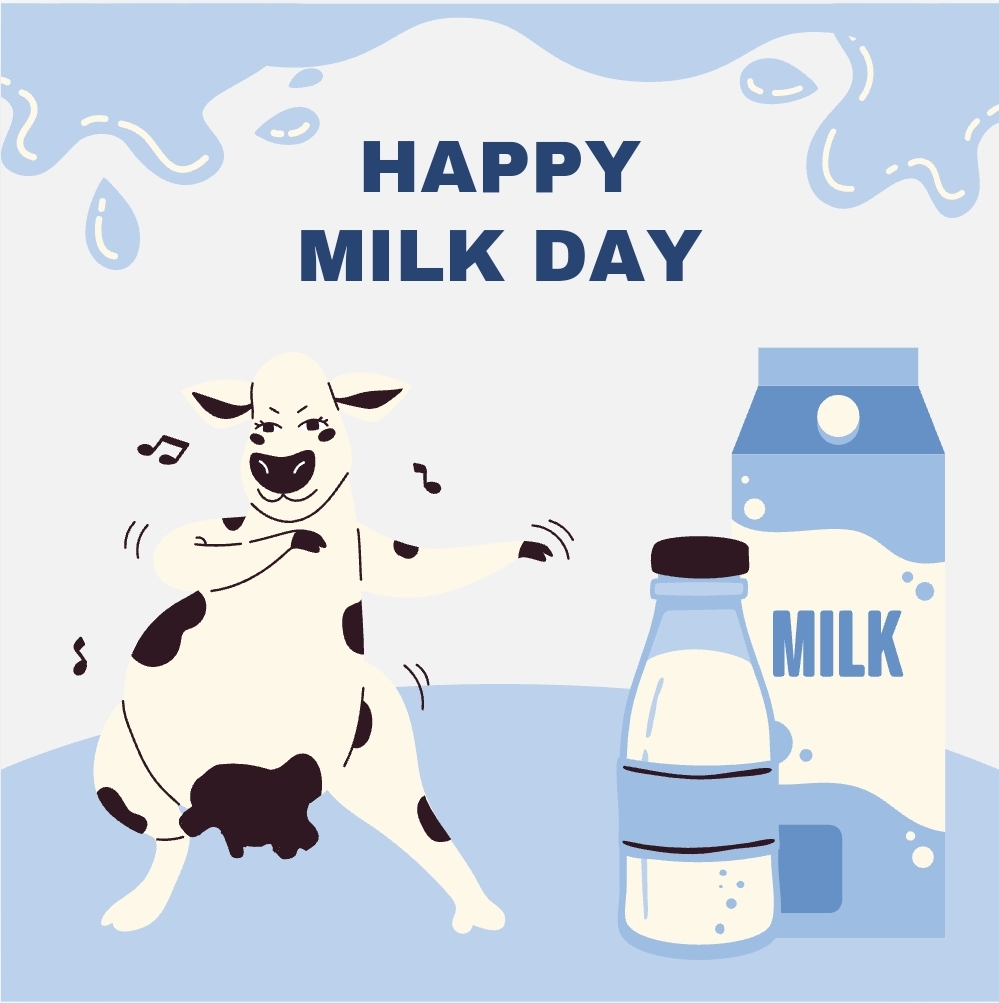In a world obsessed with perfection, it’s easy to view mistakes as setbacks, something to be avoided at all costs. However, a deeper reflection reveals that mistakes are not just inevitable but essential to personal growth and innovation. The wise man’s analogy comparing the transformation of milk into yogurt, and eventually into cheese, highlights the unexpected value that can emerge from what initially appears to be failure.
The Journey from Milk to Cheese: A Lesson in Transformation
Imagine milk, a basic staple in households across the globe. It has a limited shelf life, and when it “goes bad,” it begins to curdle and transform into yogurt. For some, this may seem like a waste, but for others, it’s an opportunity. Yogurt, a nutritious and versatile food, is more valuable than the milk it came from. The process doesn’t stop there—if yogurt “spoils” further, it becomes cheese, a delicacy cherished worldwide. This transformation is a powerful metaphor for life: what we often perceive as deterioration or failure can, with time and the right perspective, lead to something more valuable.
From Sour Grapes to Fine Wine: The Alchemy of Mistakes
The same principle applies to grape juice. When it ferments and turns sour, it transforms into wine, an elixir celebrated for its complexity and depth. What started as a simple, unremarkable juice becomes something much more precious. This transformation speaks to the potential hidden within what we might initially dismiss as a mistake or failure.
Mistakes: The Catalyst for Innovation and Discovery
History is replete with examples of mistakes leading to groundbreaking discoveries. Christopher Columbus, aiming to find a new route to Asia, instead stumbled upon the Americas, changing the course of history. Alexander Fleming’s accidental discovery of penicillin, which he found in a petri dish he had mistakenly left uncovered, revolutionized medicine and saved countless lives.
These examples illustrate that mistakes are not merely errors to be corrected but opportunities for growth, innovation, and discovery. They are experiences that make us more valuable, much like yogurt is to milk or wine is to grape juice.
Embracing Mistakes: The Key to Personal Growth
In a world that often judges us harshly for our errors, it’s crucial to remember that mistakes are a natural part of the learning process. They are the stepping stones that lead to wisdom, creativity, and resilience. The saying “practice makes perfect” is misleading; it’s not practice alone but the mistakes made along the way that refine us. Each misstep is an opportunity to learn, adapt, and ultimately, become a better version of ourselves.
Keep Moving Forward: The Courage to Embrace Mistakes
The final message from the Wise Man’s blog is clear: don’t let mistakes keep you down. Instead, view them as part of your journey, essential for your evolution. Every mistake brings you closer to the person you are meant to be, just as each stage of milk’s transformation brings it closer to becoming cheese or each phase of fermentation turns juice into wine.
So, take those big steps forward, unafraid of the missteps you might make along the way. Remember that it’s not the absence of mistakes but how you transform them into valuable experiences that define your path to success.
Resources and References:
1. Gladwell, M. (2013). David and Goliath: Underdogs, Misfits, and the Art of Battling Giants.Little, Brown and Company.
– Gladwell explores how disadvantages, often perceived as mistakes, can lead to unexpected advantages.
2. Dweck, C. S. (2007). Mindset: The New Psychology of Success. Ballantine Books.
– Dweck’s work on growth mindset underscores the importance of learning from mistakes to achieve personal and professional growth.
3. Isaacson, W. (2011). Steve Jobs.Simon & Schuster.
– This biography of Steve Jobs highlights how many of his so-called failures were instrumental in shaping his innovative legacy.
4. Fleming, A. (1929). On the Antibacterial Action of Cultures of a Penicillium, with Special Reference to their Use in the Isolation of B. influenzae.British Journal of Experimental Pathology.
– Fleming’s seminal paper discusses the accidental discovery of penicillin, a prime example of a mistake leading to a world-changing discovery.
5. Columbus, C. (1493). Letter to Ferdinand and Isabella Regarding the Fourth Voyage.
– Columbus’s letter provides insight into how his navigational mistake led to the accidental discovery of the New World.
6.Ras Banamungu,. (2024). Unleashing Your Potential: A Comprehensive Guide to Personal Development Coaching.
– Ras Banamungu’s book discusses the importance of learning from life’s challenges, including mistakes, to achieve personal growth.
By recognizing the value in mistakes and embracing the lessons they offer, we can transform our lives just as milk turns into cheese or grape juice becomes fine wine. Dr. Ras Banamungu’s reflections serve as a reminder that our missteps are not setbacks, but opportunities for greater success and fulfillment.

